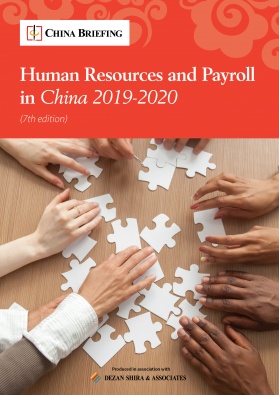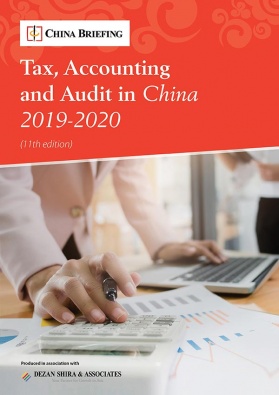Hebei’s Minimum Wage to Increase from November 1
- Hebei province is raising its minimum wage from November 1, 2019 after a three year gap.
- The province is seeking greater investment in the higher value added manufacturing segment for which it needs a steady supply of talent.
- As is standard practice, the increased minimum wage will be categorized into four classes, depending on the level of development and living costs in respective areas.
Last month, the Hebei provincial government announced that it will increase its monthly and hourly minimum wage for all full-time and part-time workers from November 1, 2019.
The minimum wage for workers in Hebei will now be raised to RMB 1,900 (US$268), RMB 1,790 (US$253), RMB 1,680 (US$237), and RMB 1,580 (US$223), respectively, depending on the city in which they are located. (US$1=RMB 7.08)
Hebei has not increased its minimum wage since July 2016 and consistently ranked as a province with one of the lowest minimum wage rates in China.
The new announcement will see Hebei’s minimum wage increase by RMB 200-250 (US$28 to 35) per month and will allow Hebei to jump 19 spots to rank as the province with the ninth highest minimum wage rate in China.
Minimum wages in Hebei
Beginning this November, the minimum wage in Hebei will increase by an average of 12 to 15 percent.
Like most provinces, Hebei’s minimum wage will continue to be categorized into four tiers, depending on the area’s level of development and cost of living.
For example, workers from larger cities, such as Baoding, Langfang, and Shijiazhaung will be entitled to a minimum wage of at least RMB 1,900 (US$268) per month, or RMB 19 (US$3) per hour, while county-level employees will now be entitled to RMB 1,580 (US$223) base pay per month.
The exact rates and changes can be seen in the table below.
How does China fix its minimum wage?
In China, the minimum wage refers to the basic salary that employers must pay their employees and does not include the social insurance premiums and housing provident fund contributions that they must also make for full-time employees.
It excludes pay for overtime, night shifts, and public holidays.
Why is Hebei raising its minimum wage rates now?
Hebei, as part of the Jing-Jin-Ji (Beijing-Tianjing-Hebei) Economic Zone and the Bohai Bay Economic Region, is an important province for China, both politically and economically.
The province is a key component in China’s agricultural, manufacturing, and heavy industry production. A range of popular industries are based here – textile, coal, steel, iron, engineering, chemical petroleum, and food.
However, due to heavy pollution caused by the concentration of heavy industry manufacturing plants in the region, Hebei is finding it necessary to pivot away from traditional smokestack industries to more high-value, advanced manufacturing. Raising the wage standards is key to attracting a higher-skilled talent pool.
The latest policy will therefore see Hebei now rank among the top 10 provinces in the country on the basis of its minimum wage rates. This should have a positive impact on the salary wage growth potential in the industries based here. Lower level workers will also benefit from a higher statutory minimum wage.
About Us
China Briefing is produced by Dezan Shira & Associates. The firm assists foreign investors throughout Asia from offices across the world, including in Dalian, Beijing, Shanghai, Guangzhou, Shenzhen, and Hong Kong. Readers may write to china@dezshira.com for more support on doing business in China.
- Previous Article How a China Slowdown Could Affect Your Business
- Next Article China Visas Explained









